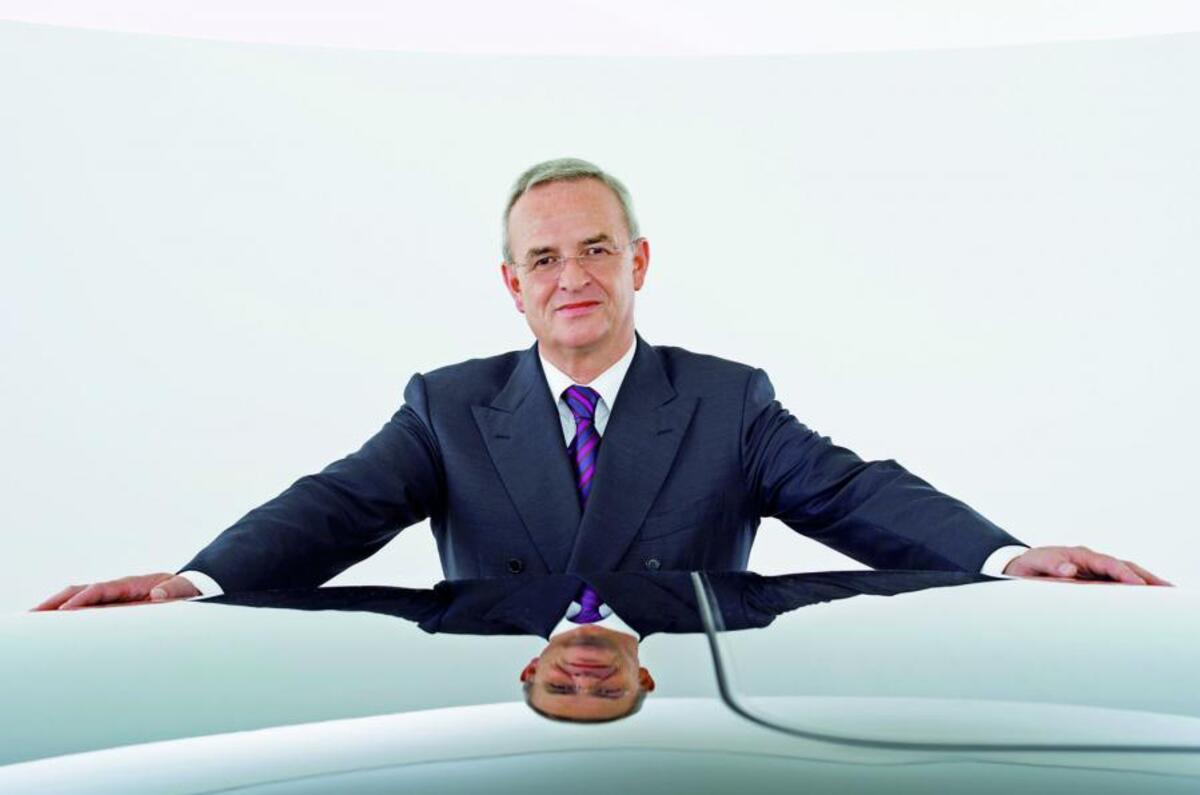Volkswagen has admitted that then CEO Martin Winterkorn was first aware of the NOx emissions irregularities with its EA189 diesel engine in 2014, but has denied that it misled shareholders by withholding the information until September 2015.
The revelation came in an official statement by VW outlining the timeline of events, as part of its defence against legal action by shareholders who say the company illegally withheld information regarding the scandal.
The chief purpose of VW’s carefully worded statement is to explain its defence of legal action, but it also offers a fascinating timeline of events that unfolded in the build-up to the scandal for the first time.
VW traces the scandal back to 2005, when it decided to launch diesel engines in the US. It would do so with the EA189 engine, but US regulations were far stricter than those in Europe, with the 31mg/km nitrogen oxides (NOx) emissions limit six times less than that allowed under EU5 law at the time. VW says that reducing the NOx emissions would impact on CO2 emissions.
During development of the EA189 for the US, VW says that “a group of persons – whose identity is still being determined – at levels below the group's management board in the powertrain development division, decided to modify the engine management software”.
This act, VW says, produced emissions values in bench testing that “differed substantially from those under real driving conditions”.
VW says that this was done by a “significant modification of the existing engine management software” and was done so with “relatively small changes and within the budget that was available for the development of the engine management software and without the need to involve superior levels”.
This software manipulation first came to light in May 2014 when the Californian environmental agency California Air Resources Board (CARB) heard of the irregularities in a study published by the International Council on Clean Transportation (ICCT).
This study looked at NOx values for two VW models and the fact they “deviated significantly between bench testing and road operation than would be expected under normal circumstances”. CARB requested an explanation from the Volkswagen Group of America, which investigated over several months, and offered to recalibrate first- and second-generation EA189 engines as part of planned service work from December 2014.
It was after the ICCT report that the VW CEO Winterkon was first informed, on 23 May 2014 as part of his “extensive weekend mail”. The statement reads: “Whether and to which extent Mr Winterkorn took notice of this memo at that time is not documented.”









Join the debate
Add your comment
Winterkorn, Winterkorn,
Wrong priorities
That explains a lot!
Having established that the issue was known by members of the board, which explains the speed at which they fell on the sword, do they now accept responsibility, with the other stakeholders who were in the know, for damage done to VW shareholder, owners, oh and the environment?
Advertising to re-establish "trust" now appears a little premature and I suspect more internal cutting will be required.